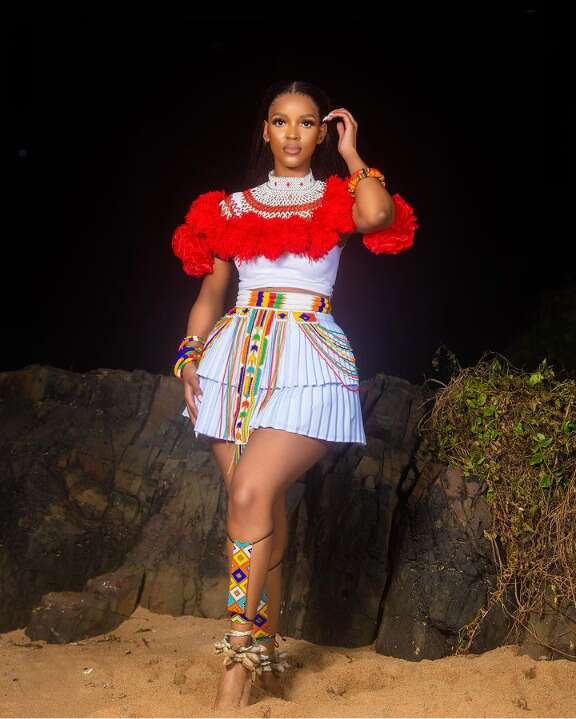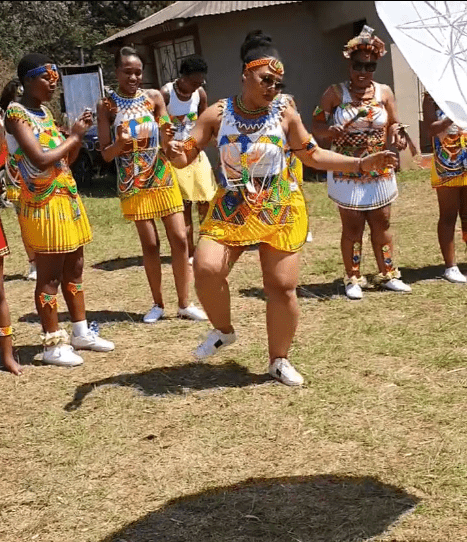The Fulani’s marry according to their own caste system. In this system, there are nobles, blacksmiths, business people and slaves.
Fulani or Fula as they are called, are known to be nomadic people and could be found all over West Africa, in countries like Nigeria, Guinea, Mali, Niger and several other African countries. They are predominantly Muslims.
According to the Fulani tradition, a man can have up to four wives, and they practice a kind of marriage known as endogamy.(marrying amongst themselves).
In this practice, their first choice of a marriage partner is a patrilateral parallel cousin. If that is not possible, their other choices are for the partners to share a great-grandfather, a great-great grandfather, or a patrilateral cross cousin. So most marriages are arranged. But this tradition is gradually going into extinction as inter-tribal marriages are now common among the tribe, and girls now marry the man of their dream.
Let me mention this here; there has been some dispute as to how young girls conduct themselves in the Fulani tribe. Some people claim that the girls are allowed to be exposed sexually so they get into the marriage with experience. And then keep themselves from men just before they marry and after. But its been disputed in other quarter’s as untrue, and that since ages, fulani people are known to be very shy (pulaku) and up till date virginity is a fulani girls priority. Now let’s go to the wedding which is our main focus.
The Fulani wedding has three stages and they are:
The ‘Sharo’ stage – In this stage, a man has to be flogged in public and it is usually watched by a large crowd. It is known as a flogging ceremony. If the man cries he will not be allowed to get married, because he is seen as a coward. And as someone who will not be able to protect his wife and family. But in some Fulani communities this tradition does not exist, especially among the nobles. They never participate in the “Sharo”.
The ‘Koowgal’ stage – This is the main stage. The bride’s father visits the groom’s family. He brings a dowry which includes a herd of cattle, legalizing the marriage. The groom then gives some presents to the bride, called the ‘Sadaq.’ This is a required marriage gift given by the groom to the bride. It represents his commitment to take care of all the family expenses including her personal needs. After doing so, it is believed that the relationship between the bride and groom is set.
Sadaq may be money or in kind, but it should be specified in its kind and quantity. (But these days as times are changing, anything given during this time, would be accepted as far as it is within islamic teachings).
The ‘Kabbal’ stage – It is an Islamic wedding ritual and the bride and groom don’t have to be present.
After the Islamic wedding ceremony and paying of the dowry some Fulani people organize a wedding reception.
An important public acknowledgment of the marriage is the movement of the bride to her husband’s village, termed bangal.
The women of that village come to greet her, and the welcome is a rite of passage for the bride.
Brass bracelets are very important. A bride wears four of them on her legs while two are worn on her hands. She has to wear these bracelets between four and six months. During this period, the youngest woman in the groom’s home takes care of her.
One of the dances at a Fulani wedding is “tumudi”. It is danced by a group of young women. The music for this dance is performed on various wind instruments and drums, like the ‘gungun.
The Fulani woman’s status increases with each child she has, especially with the birth of males.



![Authentic Basotho Blankets for Sale: Where to Find Them [UPDATED]](https://i0.wp.com/clipkulture.com/wp-content/uploads/2018/10/15394555568gn4k.jpg?resize=150%2C150&ssl=1)







